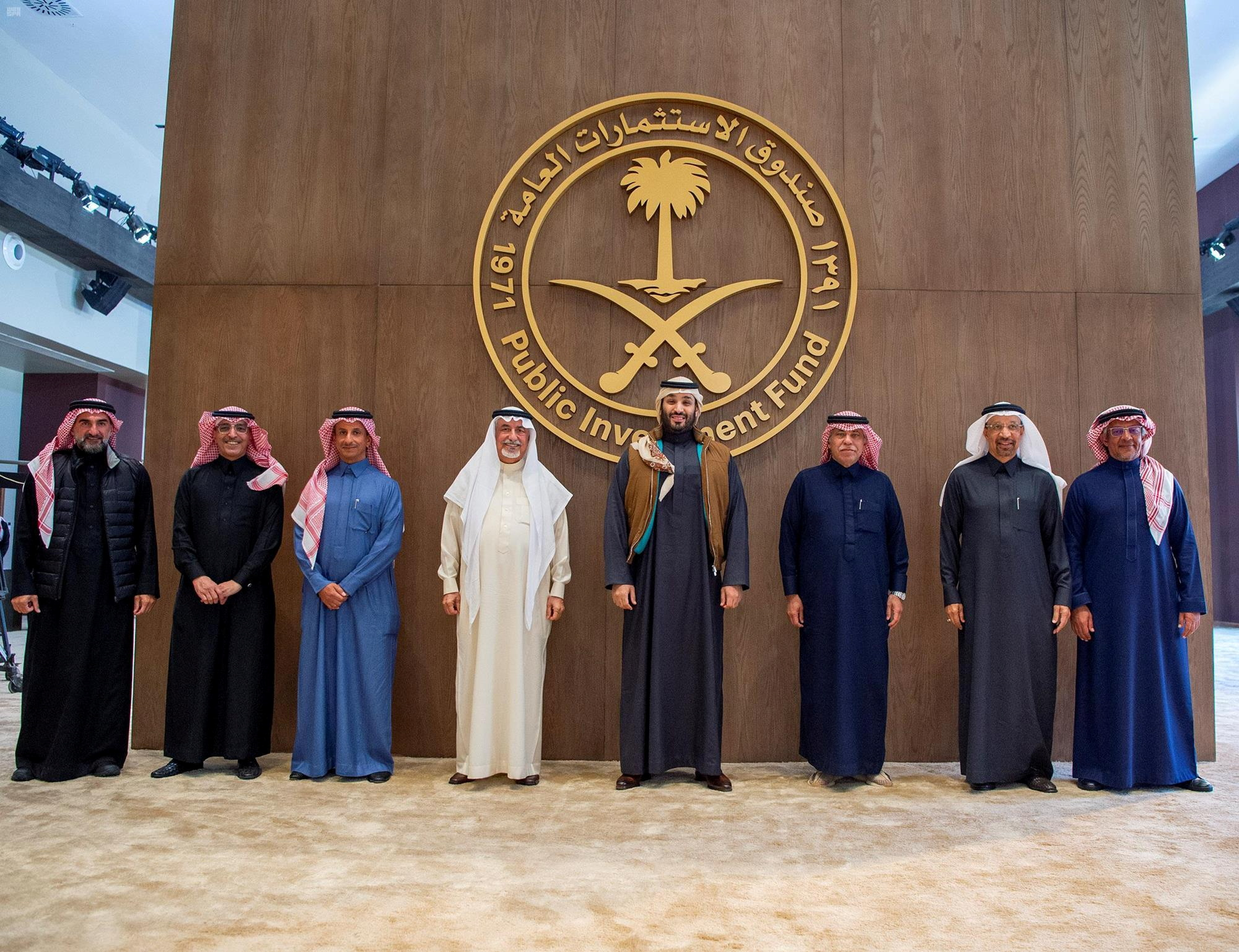Saudi Arabia’s Public Investment Fund (PIF), one of the largest sovereign wealth funds globally, has allocated $5.2 billion of the $8.5 billion it raised through green bonds to finance environmentally focused projects by June 2024. This is a significant increase from the $1.3 billion allocated in the previous year, demonstrating the kingdom’s intensifying push toward sustainability.
A green bond is a financial instrument used to raise capital for projects with environmental benefits. The PIF made history in October 2022 as the first sovereign wealth fund to issue green bonds, with a follow-up issuance in February 2023. The fund, which manages $925 billion in assets, reported a capital expenditure requirement of $19.4 billion for “eligible green projects.”
Investment Areas and Goals
According to PIF’s Allocation and Impact Report, the funds have been primarily directed toward renewable energy, green buildings, and sustainable water management projects. These projects align with the United Nations Sustainable Development Goals (SDGs), reflecting Saudi Arabia’s commitment to environmental progress and international standards.
Saudi Arabia aims to reach net-zero greenhouse gas emissions by 2060. This goal is a key element of Crown Prince Mohammed bin Salman’s Vision 2030 plan, which seeks to modernize and diversify the kingdom’s economy, reducing its dependence on oil by investing heavily in green infrastructure.
Criticism and Challenges
Despite these efforts, the kingdom’s ambitious Vision 2030 plan has drawn criticism. Some question the environmental sustainability of mega-projects like Neom, a sprawling 10,200-square-mile futuristic urban development on the Red Sea. Critics argue that the high demand for construction materials and industrial processes could outweigh any potential environmental gains.
Philip Oldfield, a built environment expert at the University of New South Wales, expressed concerns in 2022, estimating that the construction of Neom could produce over 1.8 billion tons of embodied carbon dioxide, thus overshadowing its supposed environmental benefits.
Case Studies in Sustainability
The PIF’s report features several case studies to showcase its commitment to sustainability. One notable project is a water sustainability initiative in Neom that promises a “fully-circular system” designed to achieve water positivity. The plan includes 100% wastewater recapture and energy-neutral recycling, aligning with the kingdom’s broader goals for environmental stewardship.
Another major focus is on green hydrogen, a key technology in the global transition to cleaner energy sources. Neom Green Hydrogen, a joint venture with ACWA Power and Air Products, aims to become the world’s largest green hydrogen plant, operating solely on renewable energy. This project, still under development, is viewed by experts as a vital component of the global energy shift.
The PIF has provided either full or partial funding for these projects, though most are still in their early stages of completion.
Conclusion
Saudi Arabia’s sovereign wealth fund is playing a central role in financing the kingdom’s green transition. With $5.2 billion allocated toward green projects and more on the way, the PIF is pushing forward with its vision of a more sustainable future. However, questions remain about the environmental feasibility of some megaprojects like Neom, which must navigate the complexities of large-scale construction while aiming to contribute to global environmental goals.


















